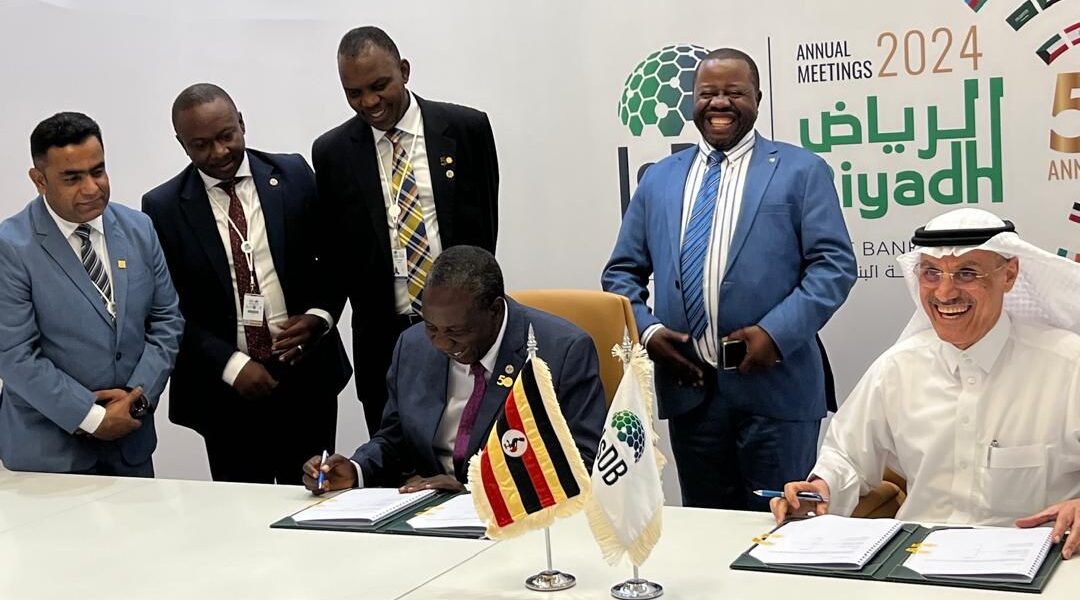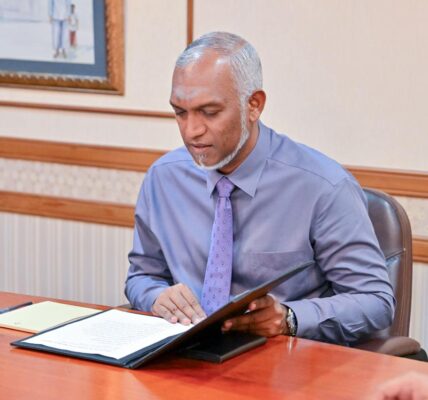In a strategic maneuver aimed at bolstering its economic prospects, Uganda, a vibrant East African nation with a population of over 47 million, has secured a landmark $295 million investment from Saudi Arabia’s Islamic Development Bank. This significant funding injection marks a pivotal moment in Uganda’s quest for economic development and underscores a departure from its traditional reliance on institutions like the World Bank.
The decision to engage with Saudi Arabia as a financial partner follows a period of strained relations between Uganda and the World Bank, precipitated by disagreements over conditionalities linked to Uganda’s internal legislative policies, notably the Anti-Homosexuality Act of 2023. In response to perceived external interference, Uganda has opted to diversify its financial partnerships, seeking opportunities with partners who prioritize economic cooperation over ideological impositions.
The funds secured from the Islamic Development Bank are earmarked for critical infrastructure projects, including the construction of a strategic bridge spanning a section of the Nile River and the expansion of road networks to enhance intra-country connectivity. These initiatives underscore Uganda’s commitment to addressing its infrastructure deficit and fostering inclusive economic growth.
Uganda’s strategic realignment aligns with broader trends observed across the African continent, where nations are increasingly exploring alternative financing options beyond traditional Western lenders and Chinese investments. By forging new partnerships with institutions like the Islamic Development Bank, Uganda seeks to assert greater control over its economic agenda while fostering mutually beneficial relationships based on shared economic objectives.
As Uganda embarks on this new chapter in its economic development journey, it sends a clear message to the international community: African nations are charting their own paths towards prosperity and are open to collaboration with partners who respect their sovereignty and prioritize economic pragmatism over ideological considerations. This shift in Uganda’s financial diplomacy signals a maturation of African economic relations and underscores the continent’s growing agency in shaping its economic destiny.






